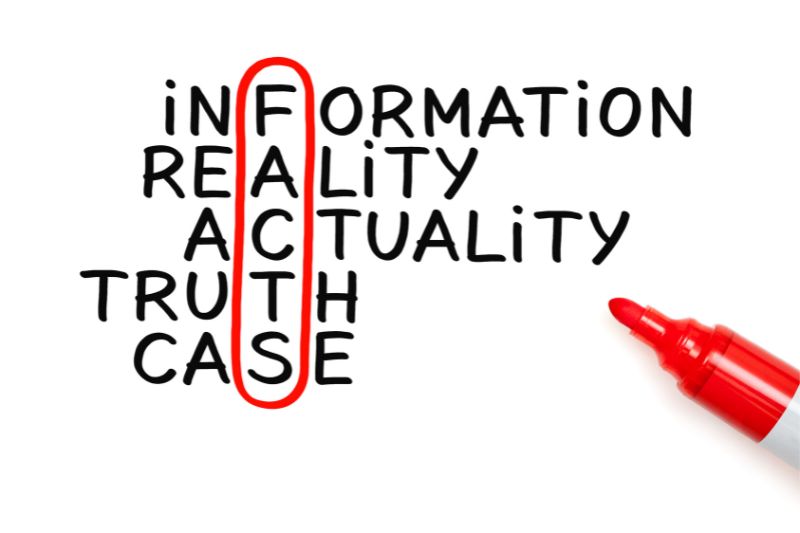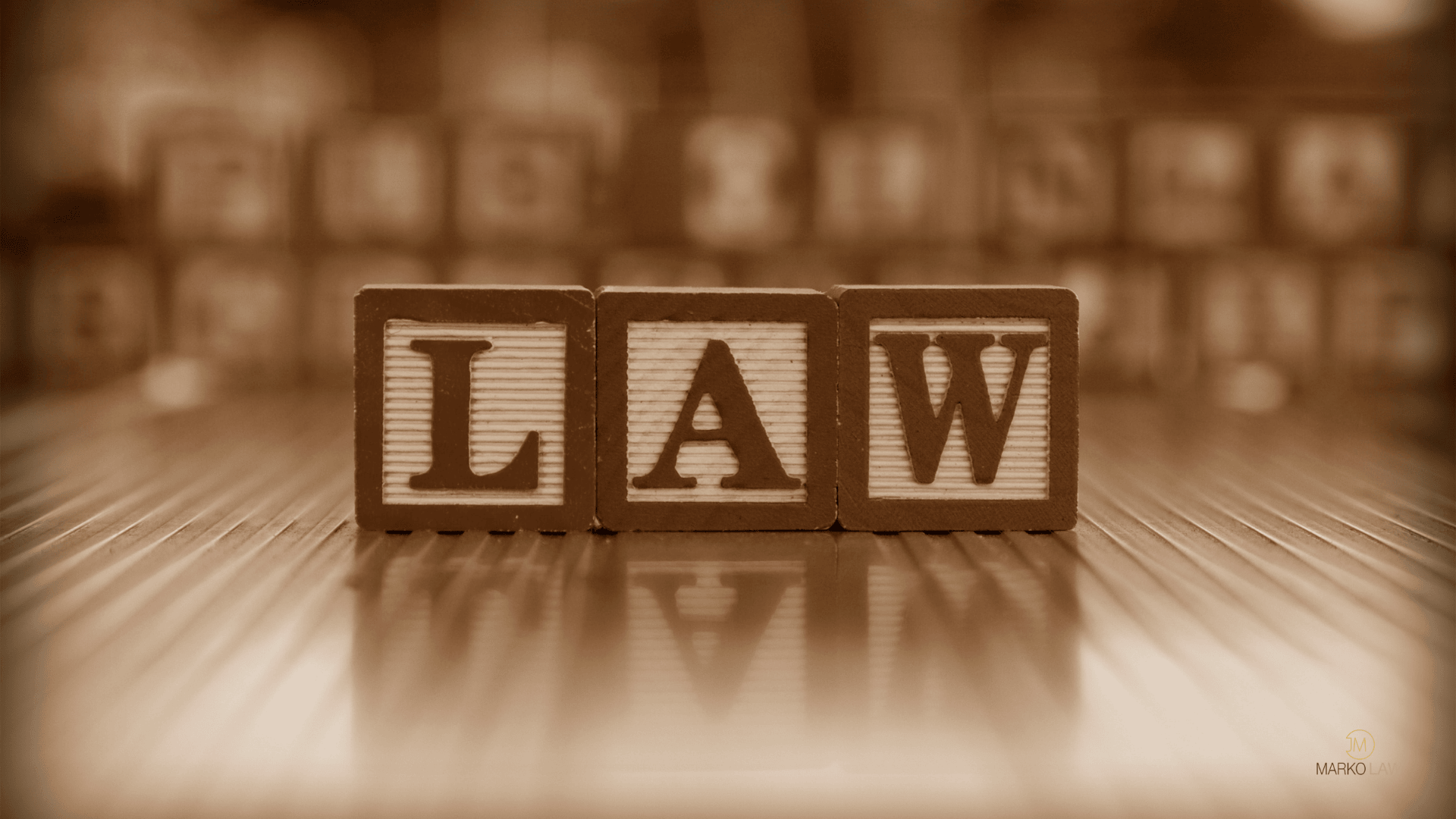What Is a Personal Injury Claim?
Definition of Personal Injury Law
Personal injury law, also known as tort law, allows individuals who have been injured due to someone else’s negligence or wrongful actions to seek financial compensation. These claims help victims recover losses such as medical expenses, lost wages, and pain and suffering resulting from an accident or injury. The primary goal of personal injury law is to restore the injured person, as much as possible, to the state they were in before the injury.
Types of Accidents That Qualify for a Personal Injury Claim
Personal injury claims can arise from a wide variety of accidents and incidents, including:
- Car Accidents – One of the most common types of personal injury claims, especially in Michigan, where no-fault insurance laws can complicate compensation.
- Slip and Fall Accidents – Property owners are responsible for maintaining safe conditions. If a hazard causes a fall, they may be liable.
- Workplace Injuries – While workers’ compensation covers many job-related injuries, some cases may also involve third-party claims against negligent parties.
- Medical Malpractice – If a healthcare professional’s negligence leads to injury or death, a malpractice claim can be filed.
- Product Liability – If a defective or dangerous product causes injury, the manufacturer or distributor may be held accountable.
- Dog Bites – Michigan law holds dog owners strictly liable if their pet bites someone, regardless of prior aggression.
The Role of Fault and Negligence in a Personal Injury Case
To succeed in a personal injury case, the injured party (plaintiff) must prove negligence—meaning the responsible party failed to act with reasonable care, leading to harm. This involves four key elements:
- Duty of Care – The responsible party (defendant) had a legal obligation to act safely (e.g., drivers must follow traffic laws, property owners must maintain safe conditions).
- Breach of Duty – The defendant failed to meet this obligation through negligence, recklessness, or intentional actions.
- Causation – The defendant’s actions directly caused the injury.
- Damages – The plaintiff suffered physical, financial, or emotional harm as a result.
Do I Have a Valid Personal Injury Case?
Key Factors That Determine a Personal Injury Case’s Strength
✔ Duty of Care – Did the defendant have a responsibility to act in a way that would prevent harm? (e.g., a driver has a duty to follow traffic laws).
✔ Breach of Duty – Did they fail to uphold this duty through reckless, negligent, or careless actions? (e.g., speeding, running a red light).
✔ Causation – Did the defendant’s actions directly cause your injury? If the injury was due to an unrelated pre-existing condition, the claim may be more difficult to prove.
✔ Damages – Did the accident result in financial, emotional, or physical harm? Without measurable damages (e.g., medical bills, lost wages, or emotional distress), there is no claim.
Common Reasons Personal Injury Claims Get Denied or Dismissed
- Lack of Evidence – Insufficient proof that negligence caused the injury.
- Pre-Existing Conditions – If an insurer argues the injury was not directly caused by the accident, they may deny the claim.
- Missed Deadlines – Michigan has a statute of limitations for filing claims. Missing the deadline can prevent compensation.
- Partial or Full Fault – If the plaintiff is found more than 50% at fault under Michigan’s comparative negligence laws, they may not receive compensation.
How Much Is My Personal Injury Claim Worth?
Factors That Influence Settlement Amounts
✔ Severity of Injuries – More serious injuries (e.g., traumatic brain injuries, spinal cord damage) result in higher settlements due to long-term medical needs and permanent disability.
✔ Medical Expenses and Ongoing Treatment Costs – Compensation includes:
- Emergency room visits
- Hospital stays
- Surgeries and medical procedures
- Rehabilitation and physical therapy
- Prescription medications
- Future medical care
✔ Lost Wages and Future Earning Potential – If an injury prevents the victim from working, they can claim lost wages as well as future earning losses due to long-term disability.
✔ Pain and Suffering Damages – Compensation for physical pain, emotional distress, and reduced quality of life.
Economic vs. Non-Economic Damages
Personal injury compensation is divided into two main types of damages:
- Economic Damages (Tangible Losses) – These include medical bills, lost wages, property damage, and rehabilitation costs. Economic damages are typically easier to quantify and prove.
- Non-Economic Damages (Intangible Losses) – These include pain and suffering, emotional distress, mental anguish, and loss of enjoyment of life. These are harder to quantify but can significantly increase settlement amounts in severe cases.
How Do Insurance Companies Calculate Settlements?
Insurance companies use various methods to determine settlement values, but many rely on formulas such as:
📌 Multiplier Method – Economic damages (medical bills, lost wages) are multiplied by a number (1.5 to 5) based on injury severity.
- Example: If economic damages total $50,000 and the injury is severe, the multiplier could be 3, leading to a total settlement of $150,000.
📌 Per Diem Method – A daily rate is assigned to pain and suffering, calculated based on the expected recovery period.
- Example: If pain and suffering are valued at $200 per day and recovery takes 180 days, the total would be $36,000.
📌 Insurance Adjuster Discretion – Companies often lowball settlements, using their own calculations and policies to minimize payouts. This is why having a personal injury lawyer negotiate on your behalf is critical.
What Should I Do After an Injury to Protect My Rights?
Steps to Take Immediately After an Accident
✔ Seek Medical Attention – Even if you don’t feel seriously injured, some injuries (like concussions or internal damage) may not show symptoms right away. Getting medical care creates a record of your injury, which is critical for your case.
✔ Document Everything – Gathering strong evidence is essential for proving your claim. If possible:
- Take photos and videos of the accident scene, your injuries, and any property damage.
- Collect contact information from witnesses.
- Keep detailed records of medical visits, treatments, and expenses.
✔ Report the Accident – Depending on the type of injury, you may need to report the incident to:
- Police (for car accidents, assaults, etc.).
- Your employer (for workplace injuries).
- A property owner or business manager (for slip and fall cases).
✔ Avoid Speaking to Insurance Adjusters Without Legal Advice – Insurance companies may try to twist your words or push you into accepting a low settlement. Do not admit fault, downplay your injuries, or agree to a recorded statement before consulting an attorney.
How Failing to Act Quickly Can Hurt Your Case
Delaying medical treatment or failing to document your injuries could weaken your claim. Insurance companies look for reasons to deny or reduce payouts, and any gaps in medical care or reporting may be used to argue that:
❌ Your injury wasn’t serious enough to warrant compensation.
❌ The injury wasn’t caused by the accident but by something else.
❌ You exaggerated your condition or could have recovered faster.
How Long Do I Have to File a Personal Injury Claim in Michigan?
Statute of Limitations for Personal Injury Claims in Michigan
- Standard Personal Injury Cases (e.g., car accidents, slip and falls) – 3 years from the date of the injury.
- Medical Malpractice Cases – 2 years from the date of the incident or 6 months from when the injury was discovered.
- Claims Against Government Entities – Much shorter deadlines, often as little as 120 days.
Exceptions That May Extend or Shorten the Deadline
- Injuries Discovered Later – If an injury isn’t immediately apparent, the clock may start from the date it was reasonably discovered (known as the discovery rule).
- Minors or Legally Incapacitated Individuals – The statute of limitations may be extended for individuals under 18 or those who are mentally incapacitated at the time of injury.
- Wrongful Death Claims – In cases where an accident results in death, family members generally have 3 years from the date of death to file a claim.
Why It’s Important to File as Soon as Possible
Even though Michigan law allows up to three years for most personal injury cases, waiting too long can hurt your case because:
✔ Evidence disappears – Witnesses forget details, surveillance footage is erased, and accident scenes change over time.
✔ Insurance companies delay settlements – The longer you wait, the easier it is for insurers to argue that your injuries weren’t serious.
✔ You may need immediate financial relief – Medical bills and lost wages add up quickly. The sooner you file, the sooner you can receive compensation.
What If the Insurance Company Denies My Claim?
Common Reasons Insurance Companies Deny Claims
❌ Disputing Liability – The insurance company may argue that you were at fault for the accident or that another party (not their insured) was responsible.
❌ Claiming Your Injuries Were Pre-Existing or Not Severe Enough – If you had prior injuries or delayed medical treatment, the insurer may claim your injuries weren’t caused by the accident or weren’t serious enough to warrant a payout.
❌ Delaying or Lowballing Settlement Offers – Some insurers delay claims intentionally to pressure victims into accepting low settlement offers out of desperation.
Steps to Take After a Denial
✔ Review the Denial Letter – Insurance companies must provide a reason for denial. Understanding their argument helps in preparing an appeal or legal challenge.
✔ Gather Additional Evidence – Strengthen your case by collecting:
- More medical records or expert opinions.
- Witness statements or accident reports.
- Proof of financial losses (bills, pay stubs, repair estimates).
✔ File an Appeal – Many denials can be reversed through the appeals process if strong evidence is presented.
✔ Hire an Experienced Personal Injury Attorney – If your claim has been denied, don’t fight the insurance company alone. Marko Law has a proven track record of getting wrongful denials overturned and maximizing compensation for injury victims.
📞 Call Now: 1-833-MARKO-LAW or +13137777777🏢 Office Location: 220 W. Congress, 4th Floor, Detroit, MI 48226
If your personal injury claim has been denied, don’t give up—contact Marko Law today for a free consultation and let us fight for the compensation you deserve.









.svg)








